Graves Disease and Brain Fog
Graves Disease and Brain Fog
If you have not yet experienced Graves Disease and Brain Fog, brace yourself. At first you’ll think you’re just having an off day. Or that maybe you just didn’t sleep well enough and that’s why your brain is a bit sluggish. After it’s happened a few times, you’ll legitimately worry that you’re losing your mind.
What is Brain Fog?
I don’t know if there is an exact definition. I would define it as my brain short-circuiting. It was at its worst when I was severely hyperthyroid. Now I mainly have times when it’s hard to focus or concentrate. But here are some examples of what happened when it was really bad:
- Forgetting words mid-sentence. I could describe the word, and give the definition of the word, but could not for the life of me remember the word. It was like it just fell out of my head and I couldn’t get it back no matter how hard I tried. Once I was trying to say ‘ice’ and had to say ‘water that is cold and hard.’ I’m not kidding.
- Not remembering why we are, where we are. Most people at one time or another walk into a room and forget why they went there. I’d show up at a store, get out of my car, and have absolutely no idea of what I needed inside. What was I shopping for again? If it was groceries I’m out of luck because I was standing in front of Kohls. Scary stuff.
- Entire conversations fall out of your head. It happened at home and at work. I remember that feeling of rage being told that I was informed of something when I knew darn well the conversation never took place. Also, the feeling that I was losing my mind when I’d see the shocked expression on the other person’s face when they realized I truly didn’t remember speaking with them.
What can you do about Graves Disease and Brain Fog?
Just like Graves Disease, there isn’t really a cure. I think as with everything Thyroid-related, no one thing works for everyone. So I’ll just share what works for me personally, and you can see if it helps you too.
Total Thyroidectomy
I won’t get into all of the symptoms I had when I was first diagnosed. You can read some of that here if you’d like to. I’ll just say that the first thing my doctor did was put me on Methimazole. This is an anti-thyroid drug that helps with hyperthyroidism because it keeps the body from producing too much thyroid hormone. This helped with my lab results for a bit. But things just wouldn’t stabilize. We were constantly changing the dose so I never felt really good for any length of time.
It took quite a while after my thyroid removal for things to stabilize as well. I think what my Endocrinologist said was true though. That it’s much easier to stabilize someone on Synthroid than it is on Methimazole. I feel like I am functioning much better overall without my thyroid. I’m sure that’s not the case with everyone. But it’s been a great help to me.
Green Tea
I’ve always loved tea, and I believe in its health benefits. Back when I still had my thyroid, any amount of caffeine made me tremble and feel nauseous. So I mainly stuck with the herbal kind. Once I returned to work after surgery, I realized I was starting to fade a few hours into the day. I’d drift off and couldn’t focus on what I needed to do. That’s when I started drinking actual tea again. Green tea in particular works wonders for me.
If you can safely tolerate caffeine, you’ll probably have more variety and flavor options. If not, buy decaf. Either way, it contains L-theanine. You can read the science behind it all here and it does help me focus.
Write Stuff Down
Graves Disease and brain fog feels different for everyone. Start journaling so you can keep track of what you’re doing when the fog rolls in. You’ll start to notice patterns. Once you know what triggers the fog, you can try different things to help yourself.
Once I started tracking, I found that one of the biggest triggers for my brain fog is an interruption. Of course, no one likes to be interrupted. But for me it’s debilitating. If I’m typing a patient note or chart entry at work and am interrupted before I complete my thoughts, they’re gone. Not just paused. Gone. In fact, there’s a good chance that I’ll not only forget what I was typing, but I’ll also forget that I was typing. This sounds crazy, but we don’t always remember that we even forgot something with brain fog. (I know you Gravesters understand.)
But I try to work with it since I’ve noticed the trigger. I always have a pad and pen nearby on my desk. When patients or staff approach me when I’m in the middle of doing something else, I smile and hold my hand up so I can finish. I know there’s no question that I must complete the thought or it will fall out of my head! I used to be a great multi-tasker. Now I’m a single-tasker, struggling to do my best. Other brain fog triggers for me are being tired and dehydrated.
Vitamins B12 and D3
As I mention in all of my posts, don’t ever take anything new or change a dose of anything you take, without consulting your medical doctor first! Blood work showed that I had a slightly low level of B12 and an extremely low level of D3. So before you do anything, please be sure you talk to your doctor and get some tests.
Initially, all I took was a multivitamin for women. I still take that plus, 5000 mcg of B12, 5000 mcg of D3, and Selenium. The overall difference is that I have more energy. Which means I’m not dragging myself around or struggling to stay focused as much. I just feel more alert and “with-it”. It took probably a full month of taking these before I felt a difference, but I do notice it and it continues to reduce the fog.
Once again, I hope that you can learn from my experience and know that you’re not alone in what you feel.
Disclaimer: This post is based on my own personal experience. It is not intended as medical advice. It is not intended to diagnose, treat, cure or prevent any disease or medical condition.
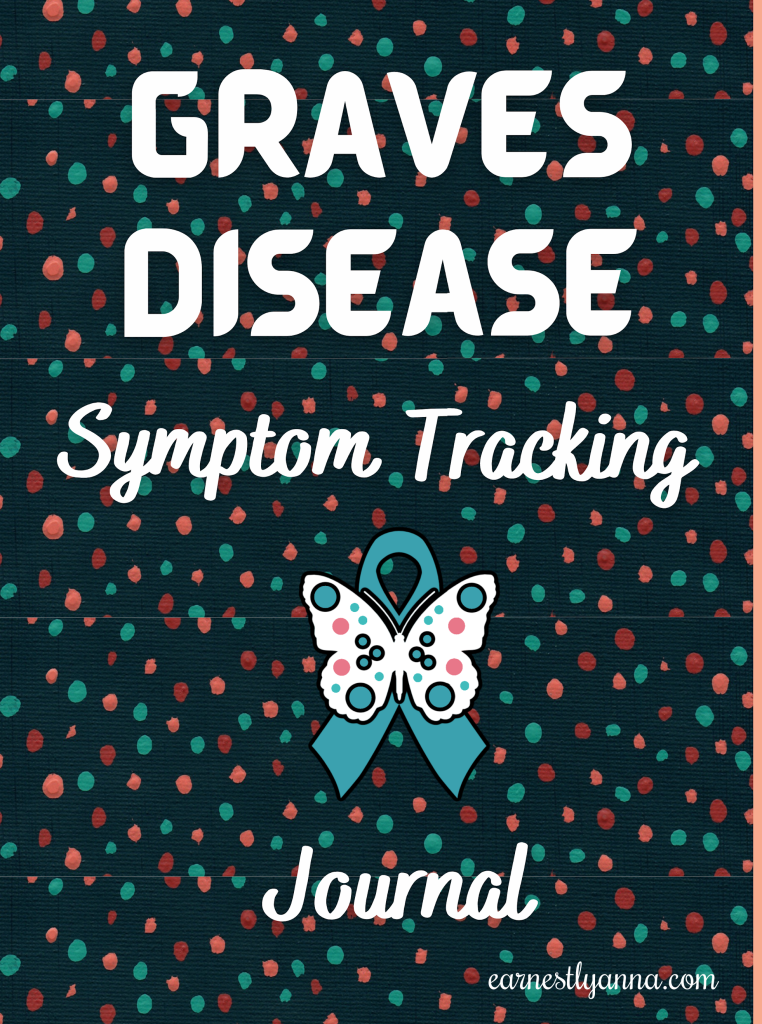
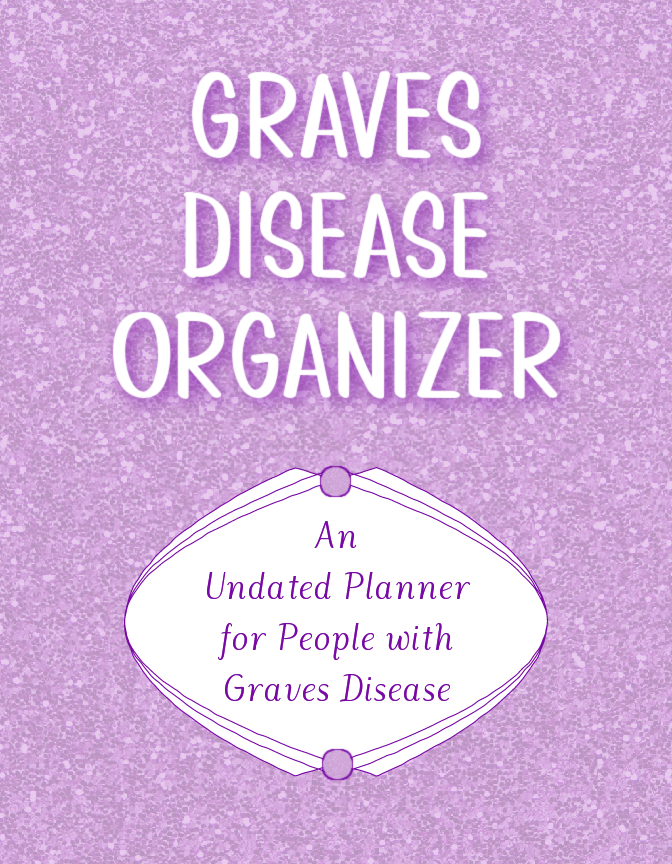
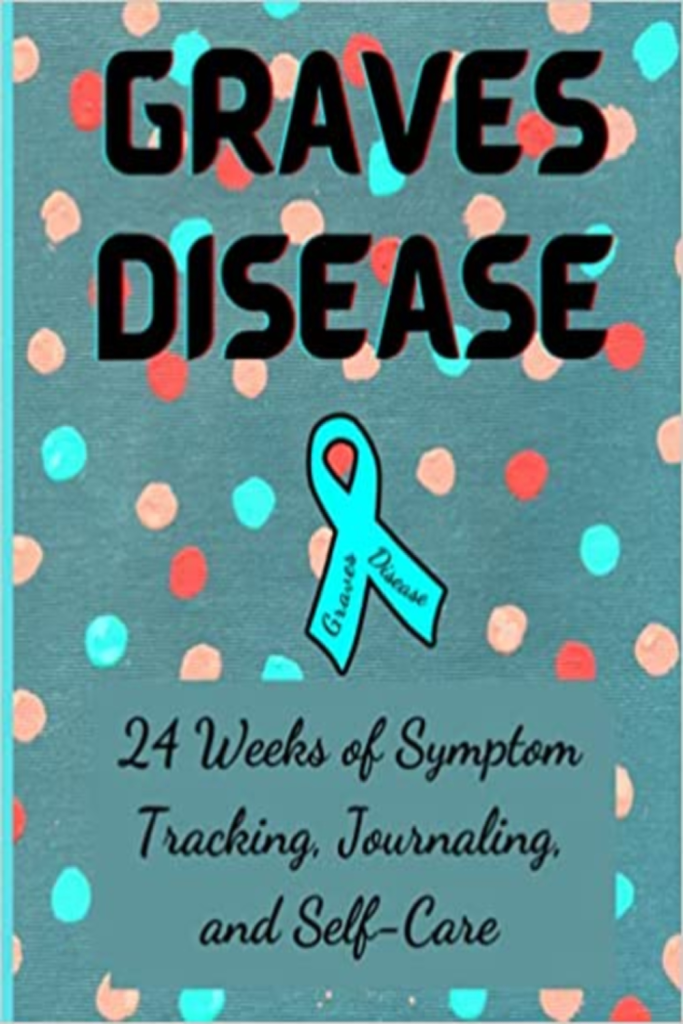

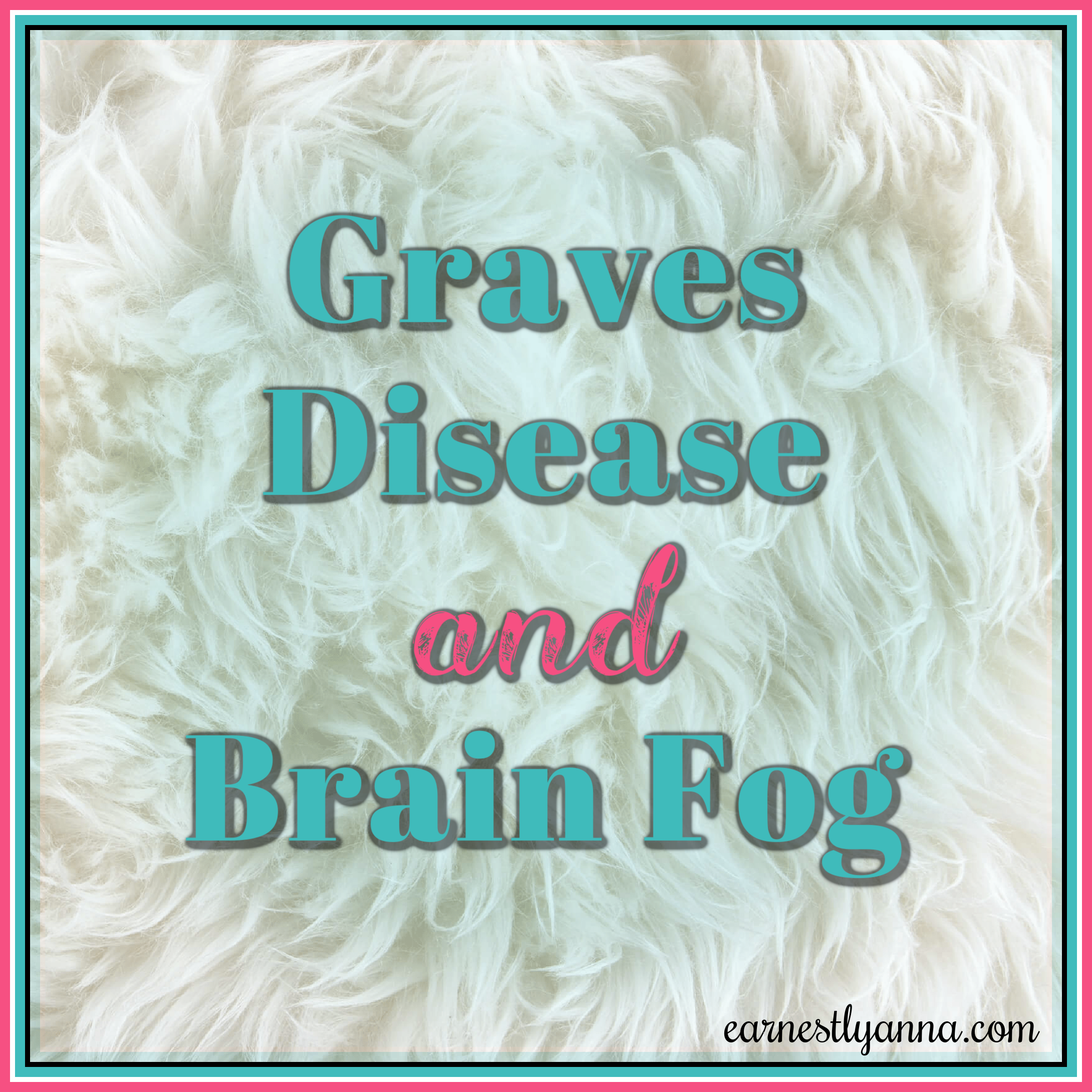
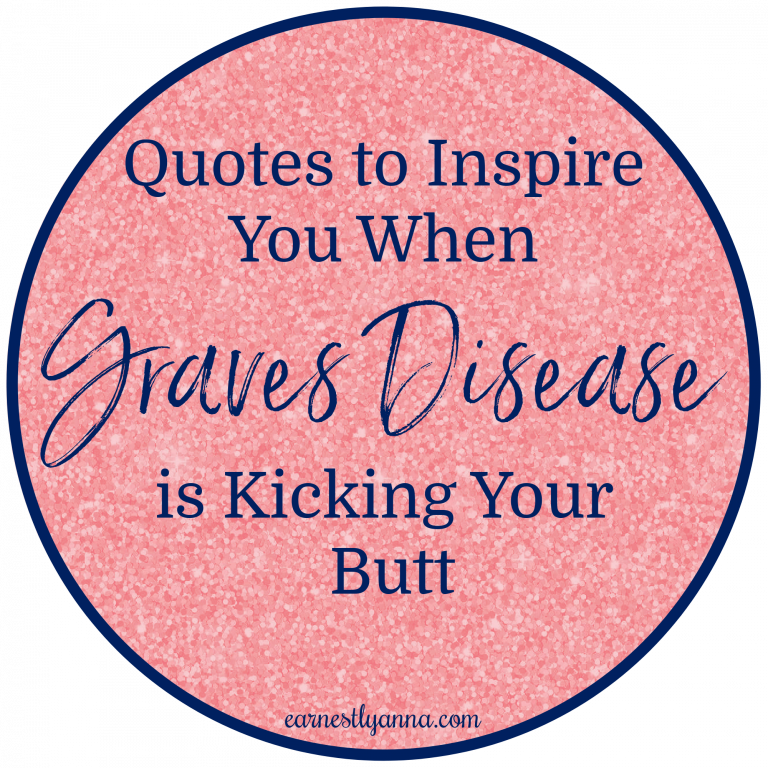


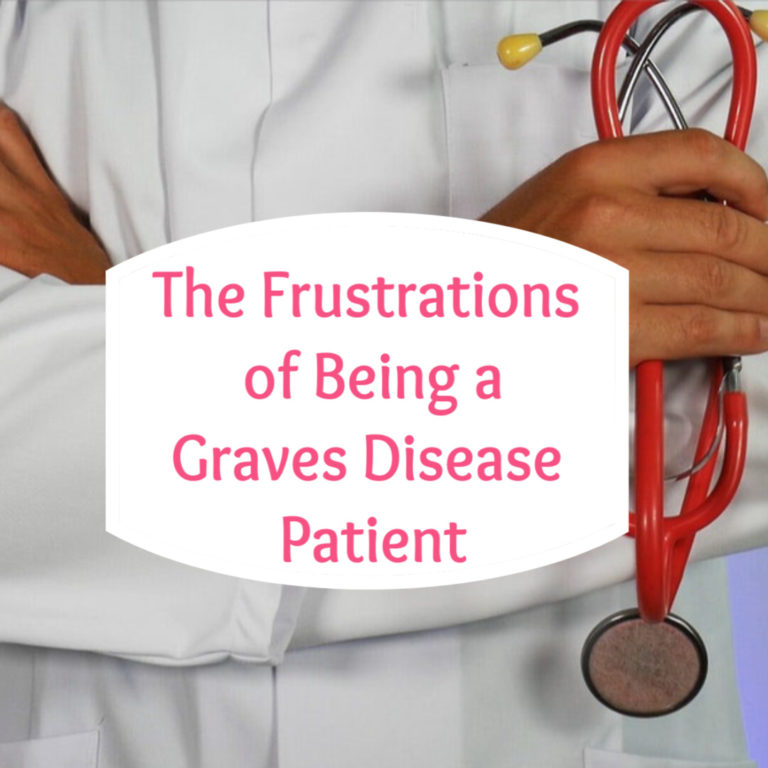


Help! I have no clue how to identify triggers and it’s affecting my marriage but according to the psycho neurologist I seen I’m above average and nothing is wrong with my memory!? 😭
Hi Audriana, I’m so sorry for what you’re going through. In my experience, you can have a great memory but Graves can have a negative effect on it. If you’re hyperthyroid, you may have trouble with focus and concentration. If you’re hypothyroid, you might feel sluggish and foggy. Sometimes you’ll feel it all at the same time. I understand that’s hard on a marriage. The hardest thing in my marriage was that for a long time, I had no filter. My body and brain were running on overdrive, so I didn’t think before speaking. It’s tuff for sure.
Regarding identifying triggers, it helps to plan some quiet time and write things down. Every day is best, but if you can’t manage that at least do it once a week. Sit down with a lined notebook or journal and pick your own brain. Reflect on what you’re feeling (physically and emotionally), and what you felt during that day (or week). Then go back and jot down what was happening when you felt those feelings. Things like, where you were, what you were doing or eating, who you were with, and what you were talking about. Once you match the feeling with the action, you’ve found a possible trigger! The next step is to find out if it’s helpful to eliminate that action or food.
Eventually, you may become so self-aware that you notice when something is off and immediately identify the reason. But I think you’ll find it soothing to write it all down. It gets it out of your head and it helps to see it all organized on paper. Plus, it gives you something to look back on to see what patterns may have developed along the way.
I hope this helps you, Audriana! 💕 Stay well and God Bless!